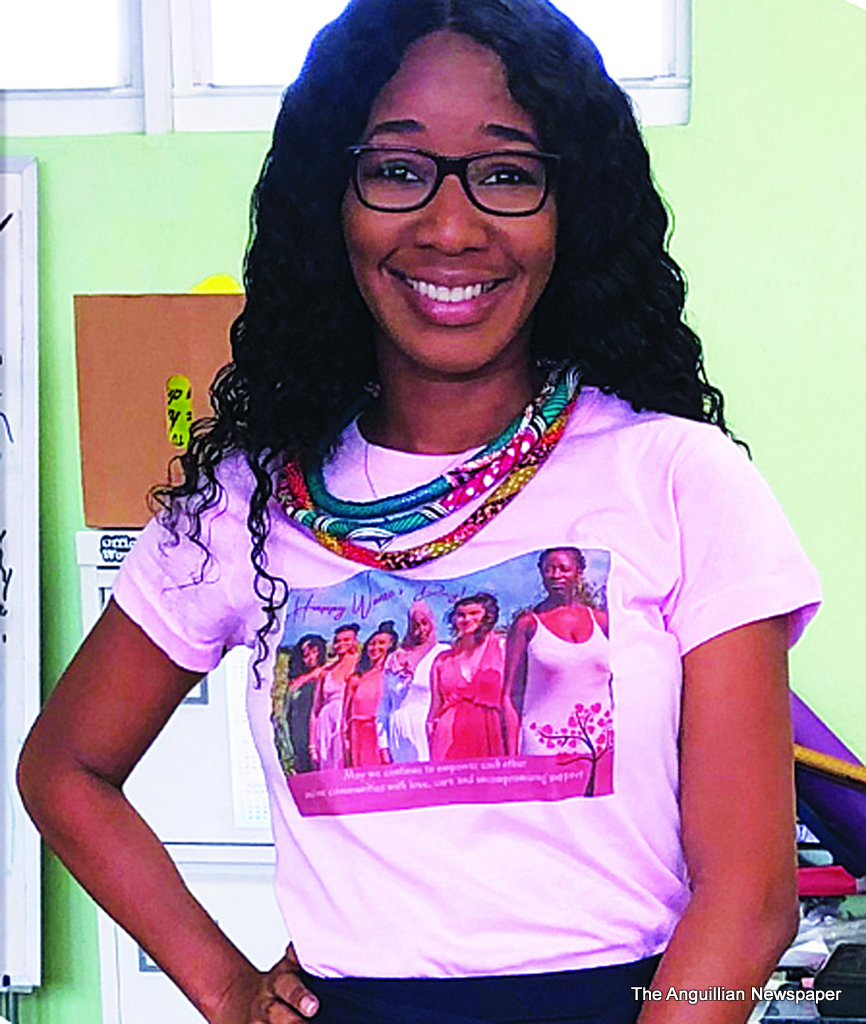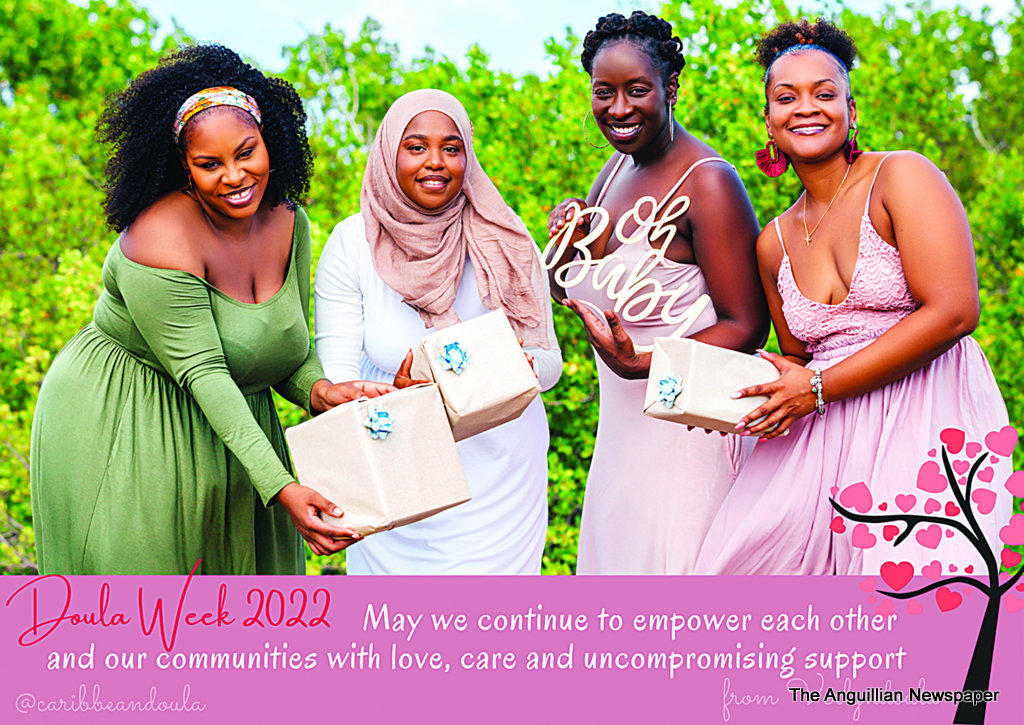
Doula week is celebrated during women’s month from March 22nd through to the 28th.
“A doula is defined as a support person who provides non-medical, holistic care to the childbearing family. A birth doula provides information to help a family plan how they would like to be cared for during their birth. The birth doula provides continuous labour support and helps the labouring family work smoothly through the process of labour and birth. She provides non-medical support that facilitates normal physiologic labour and minimises emotional and physical stress during and after necessary procedures. She also helps facilitate communication between the labouring family and her care provider” (New Beginning Childbirth Services, 2021).
Doulas help to empower mothers to understand their bodies, and ensure that access to adequate information is provided so that they can be an integral part of the decision-making process for their birth experience. Labour support also helps to reduce stress. Prior to active labour, the mother and her entire support team should discuss ways to manage pain and anger, and utilize techniques to divert feelings of anxiety. Labour support can also help a mother to grasp basic expectations during the process and immediately after giving birth. It is during labour where doulas activate a lost tradition in many cultures; we are present throughout – to ensure that there is continuous support for the mother as required. Labour support reduces confusion and uncertainty, while helping the support team do their part to make the experience smooth [not overtly physically/mentally/ emotionally burdensome].
“Women need other women at this highly significant deeply, emotional, confusingly physical, eternal memorable time” (Pascali-Bonaro et al, 2014).
My role in childbirth can include the following:
? Increasing positive perceptions of birth and facilitating an overall favourable birth experience
? Advocating for the mother and providing continuous support, while actively collaborating with the medical team assigned to the mother and baby
? Encouraging increased involvement of the spouse/partner before and during labour
? Providing a clear understanding of what other family/friends can do to be involved upon mother’s request
? Encouraging breastfeeding and skin- to- skin by providing evidence based research to highlight the benefits
? Collecting information from elders and recording it for future generations to continue using traditional, non-invasive and safe practices without overshadowing the importance of science and common medical procedures
Ways Doulas Can Act as Change Agents in Their Communities.
 A doula can help to highlight challenges and disconnects between health and maternal care providers and their clients, by encouraging collaborations between departments e.g. conducting evidence based research in order to make culturally informed decisions regarding maternal care. This can address maternal issues such as implicit biases, access to care and concerns relating to patient awareness/ education.
A doula can help to highlight challenges and disconnects between health and maternal care providers and their clients, by encouraging collaborations between departments e.g. conducting evidence based research in order to make culturally informed decisions regarding maternal care. This can address maternal issues such as implicit biases, access to care and concerns relating to patient awareness/ education.
From a community standpoint, doulas can help to change the perceptions of childbirth. Doulas can also encourage a sense of ownership related to childbearing decisions and promote community support for mothers during this life changing and magical time.
Doulas can also provide basic educational sessions to demonstrate the importance of deciding to have skin to skin or to breastfeed and facilitate activities such as hospital tours that can foster healthier relationships with medical communities and the public.
We can also assist in national crises to ensure that mothers are receiving support, especially in times when medical staff are overwhelmed.
Doulas have a place in the birth community. Doulas will stand a better chance of being integrated into society when we revisit once celebrated traditional birthing methods.
– Contributed








